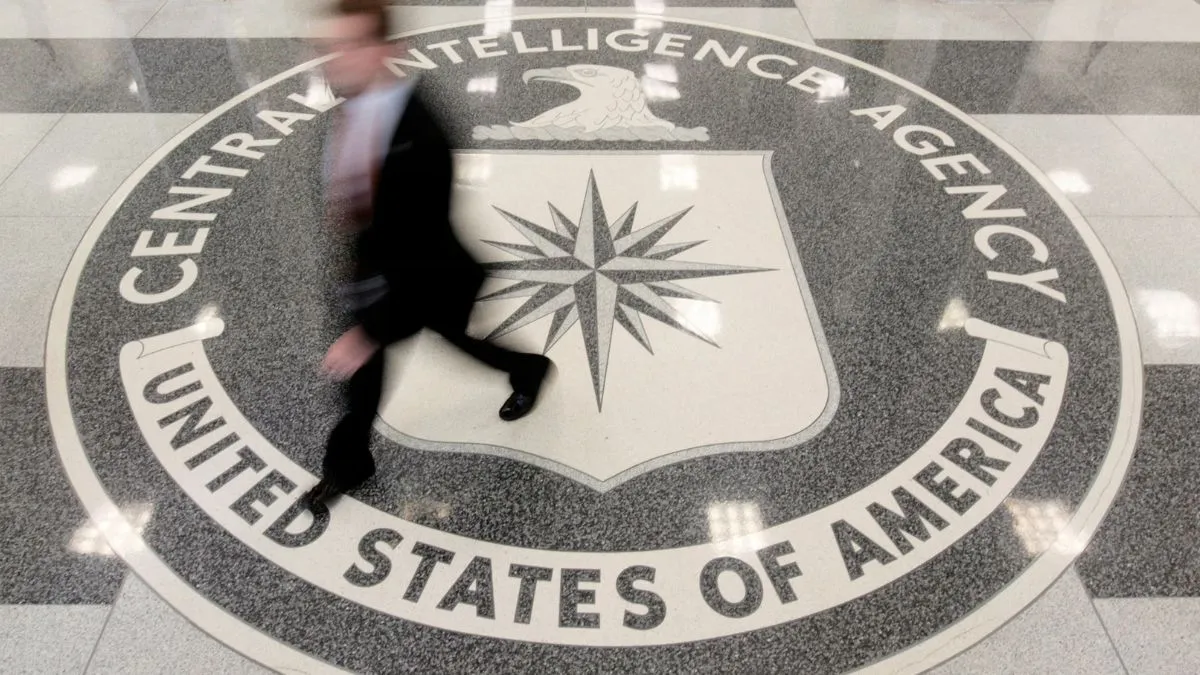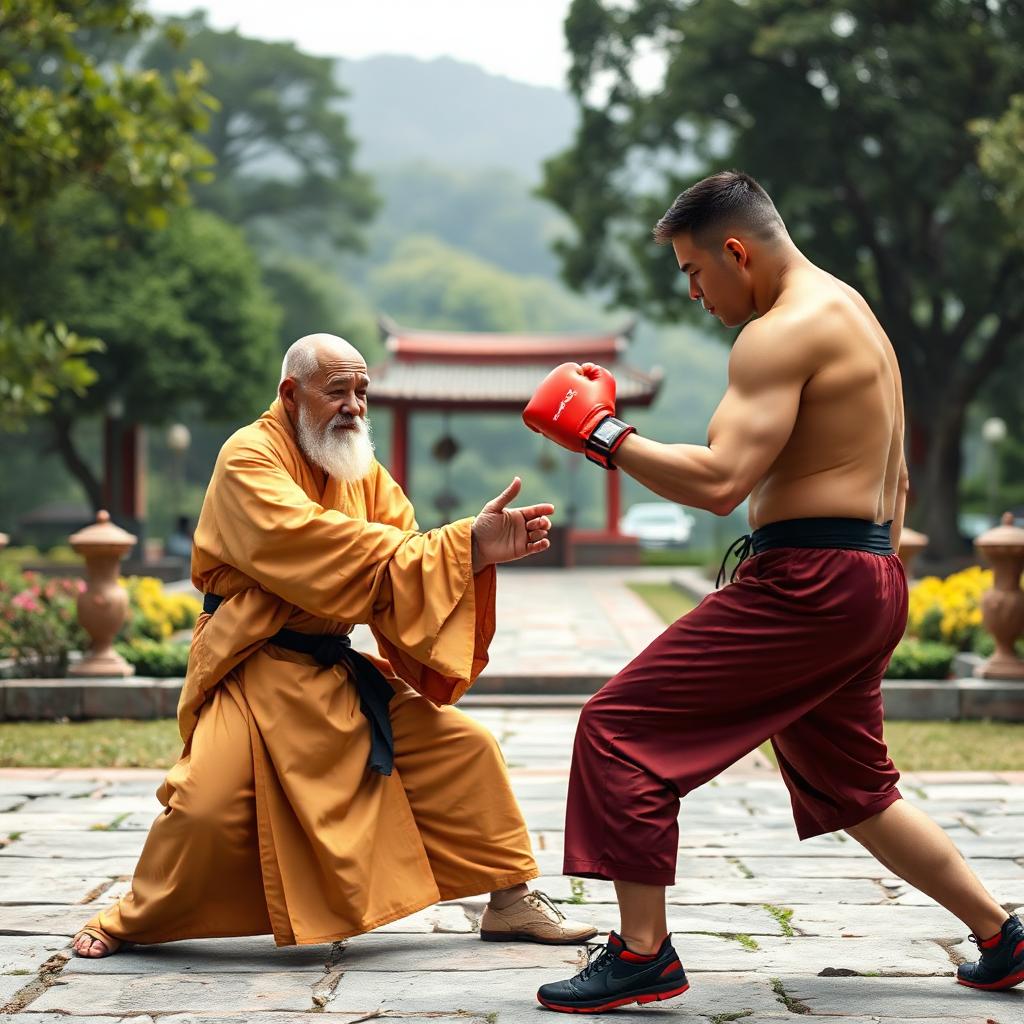Francis Tuschek
U.S. foreign policy has often intertwined ideological battles with efforts to combat illicit drug trade. Two prominent presidents, Ronald Reagan and Donald Trump, have employed similar rhetoric and strategies by implicating specific political entities and ideologies in drug trafficking, underscoring a broader narrative of ideological warfare. However, this focus often obscures the complex and troubling history of U.S. involvement in drug trafficking itself, which has led to significant blowback over the decades.
Reagan’s Strategic Linkage: The Cold War and Drug Trafficking
During the 1980s, Reagan’s administration was deeply engaged in countering the spread of communism, particularly in Central America and South America. A significant portion of his rhetoric attempted to associate communist regimes and leftist insurgencies with the burgeoning drug trade. Reagan publicly and privately accused countries like Nicaragua and Colombia of harboring drug cartels linked to communist insurgents, framing drug trafficking as a symptom of communist influence and a tool to undermine democracy and stability in the region. This linkage was part of his broader strategy of ideological warfare, aiming to justify military and covert interventions under the guise of fighting communism and illicit activities.
The U.S. Involvement and Blowback: The Hidden History
Behind these political narratives lies a complex web of U.S. involvement that has contributed to the very drug epidemic it seeks to combat. Since the late 20th century, evidence has accumulated of the U.S. government’s indirect and direct connections to drug trafficking networks, often motivated by geopolitical and covert objectives.
For example, the CIA’s alleged involvement in drug trafficking during the Cold War era is well-documented in numerous reports and investigations. The Iran-Contra scandal exposed how covert operations under Oliver North and others facilitated arms sales to Iran and funded Contra rebels in Nicaragua—some of whom had alleged ties to drug trafficking networks. The school of the Americas, a U.S. military training facility, has also been linked to training Latin American military personnel who later became involved in drug-related activities.
The Mena Airport in Arkansas became infamously associated with allegations of drug smuggling in the 1980s, with conspiracy theories suggesting that covert operations linked to the U.S. government facilitated drug transfers while supporting anti-communist efforts in Central America. Numerous whistleblowers and investigations have pointed to a pattern of U.S. complicity, whether directly or indirectly, in fueling the rise of drug cartels that would go on to flood American streets with narcotics.
Trump’s South America Policy: The Modern Parallel
Fast forward to the late 2010s and early 2020s, and we observe a strikingly similar approach by President Donald Trump, especially in the context of South American geopolitics and drug trafficking. While the Cold War-era narratives targeted communist regimes, Trump’s rhetoric has shifted towards implicating the Chinese Communist Party (CCP) in global illicit activities, most notably fentanyl smuggling. As the opioid crisis worsened in the United States, Trump and his officials emphasized the role of China in manufacturing and exporting synthetic opioids, linking the CCP to fentanyl distribution networks. Trump has often portrayed China’s government as complicit in or turning a blind eye to the fentanyl epidemic, framing it as both a national security threat and a means of economic and geopolitical influence.
Similarities in Strategy and Rhetoric
Both presidents utilized a core tactic: framing the drug trade as intrinsically connected to adversarial political ideologies and regimes. Reagan’s targeting of communist entities—blaming them for harboring drug traffickers—served to justify interventionist policies, including covert operations and increased military aid. Likewise, Trump’s portrayal of China as a sponsor of fentanyl smuggling functions as a diplomatic tool to pressure Beijing, justify sanctions, and bolster American border security measures.
Moreover, both leaders employed simplified narratives portraying enemies as drug-trafficking malign actors, yet both approaches often ignore the historical and ongoing involvement of U.S. institutions in facilitating or enabling these networks.
The Long-Standing U.S. Role and Its Consequences
The harsh reality is that U.S. foreign and domestic policies have had profound unintended consequences, fueling the very drug epidemics they claim to combat. Multiple investigations and testimonies have highlighted the role of traffickers, pilots, and covert operations linked to U.S. agencies and military officials. The CIA has faced longstanding allegations of involvement in drug trafficking to fund operations covertly, with historical evidence pointing to its role in Southeast Asia, Latin America, and elsewhere. The Iran-Contra affair, in particular, exemplifies how arms and drug traffickers often operated in tandem with government interests.
The Mena, Arkansas, airport saga exemplifies the embedded nature of U.S. complicity, where allegations of drug trafficking support for covert anti-communist efforts












